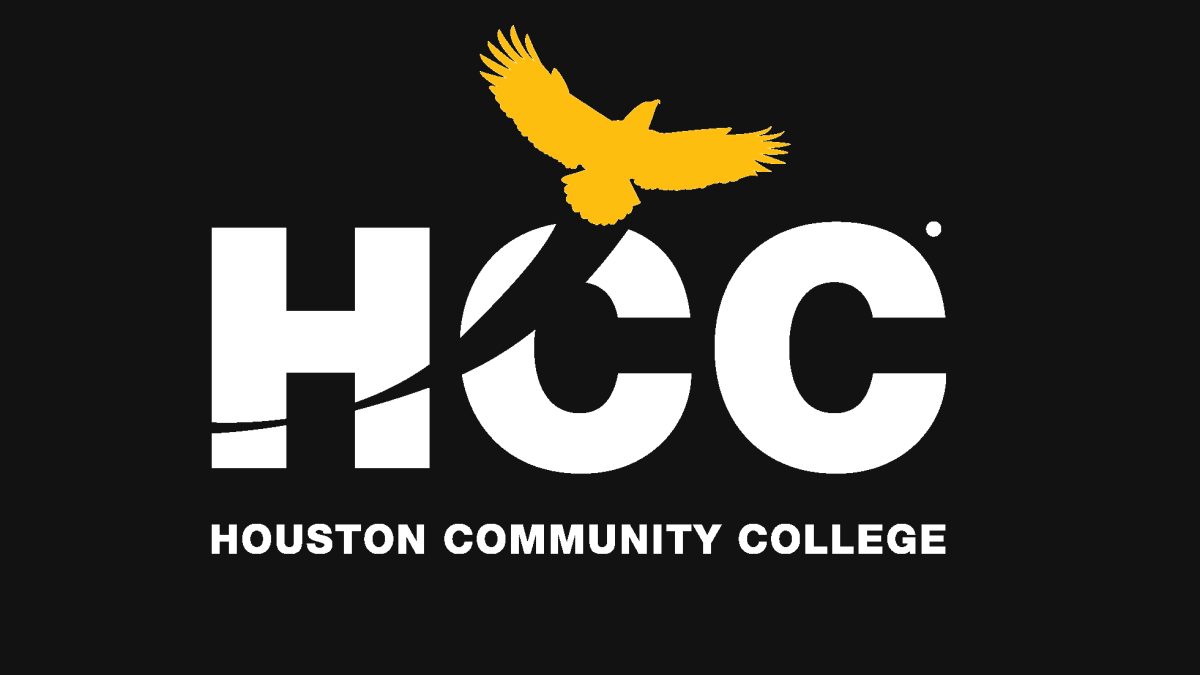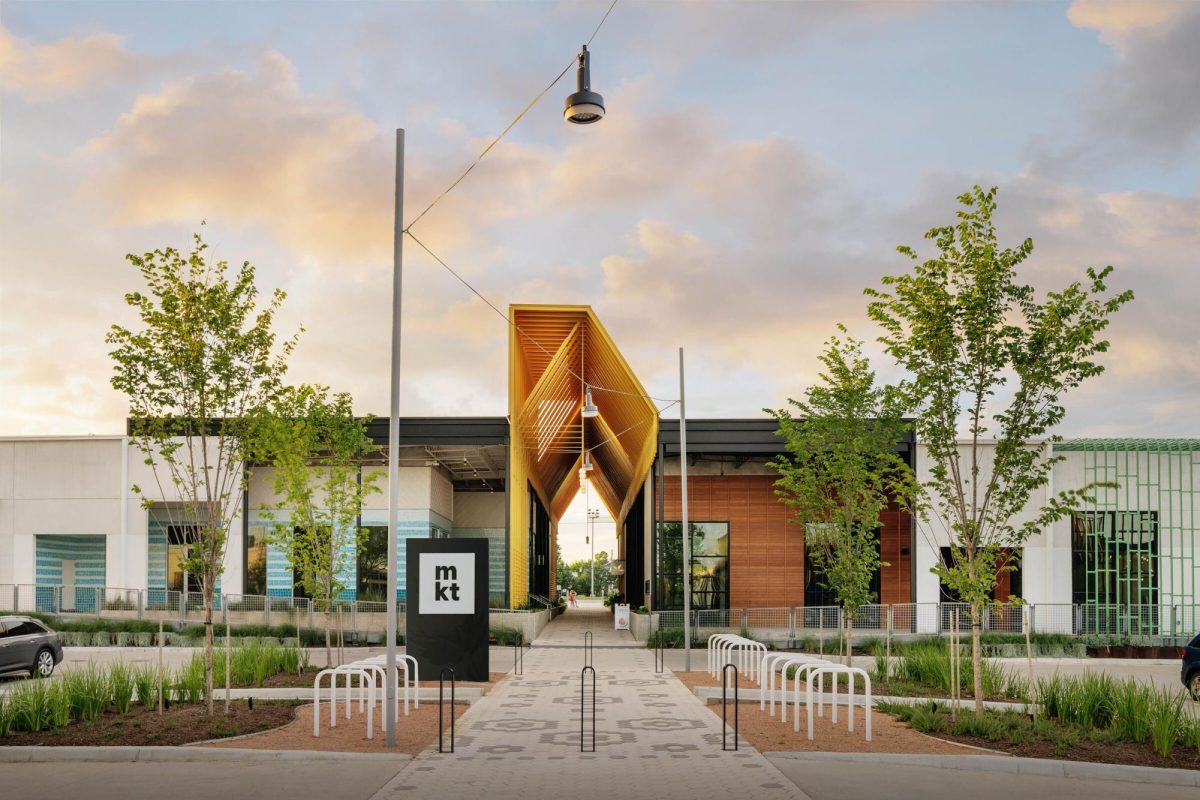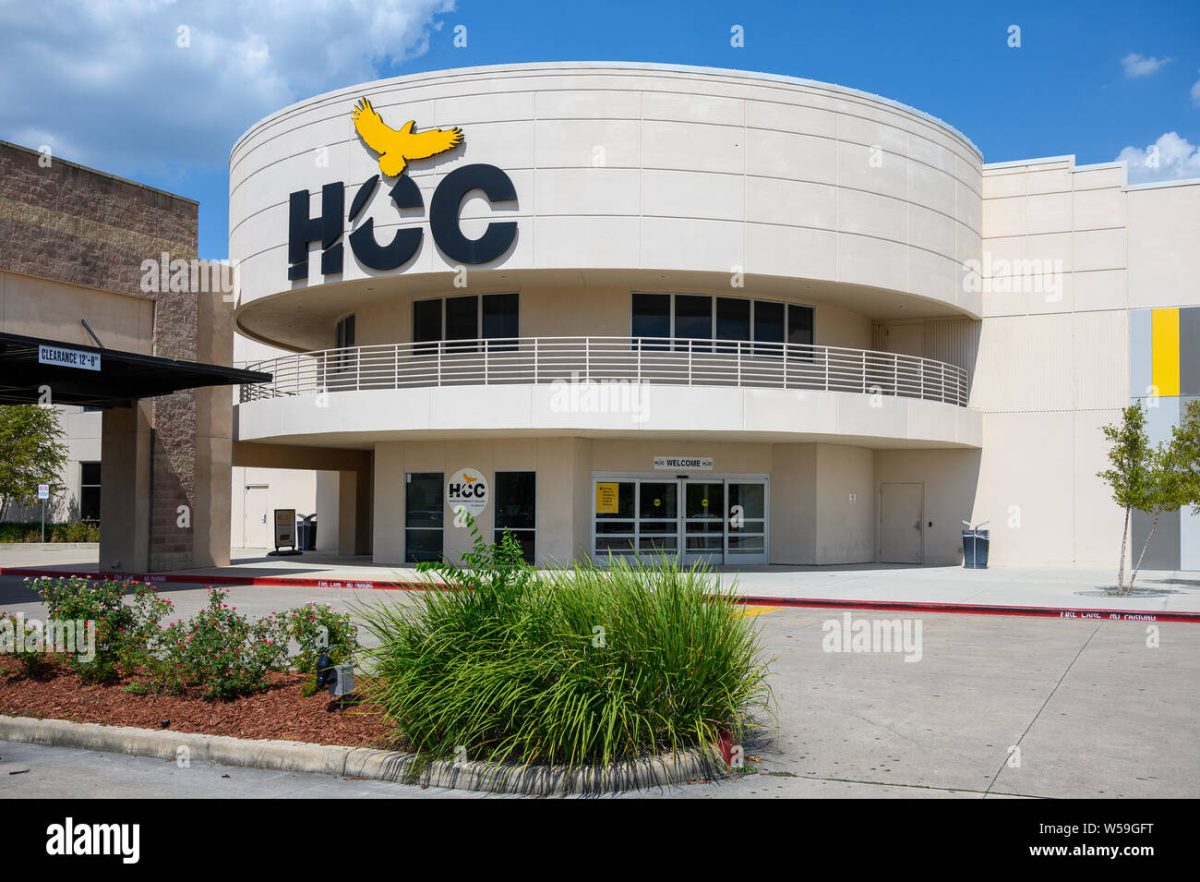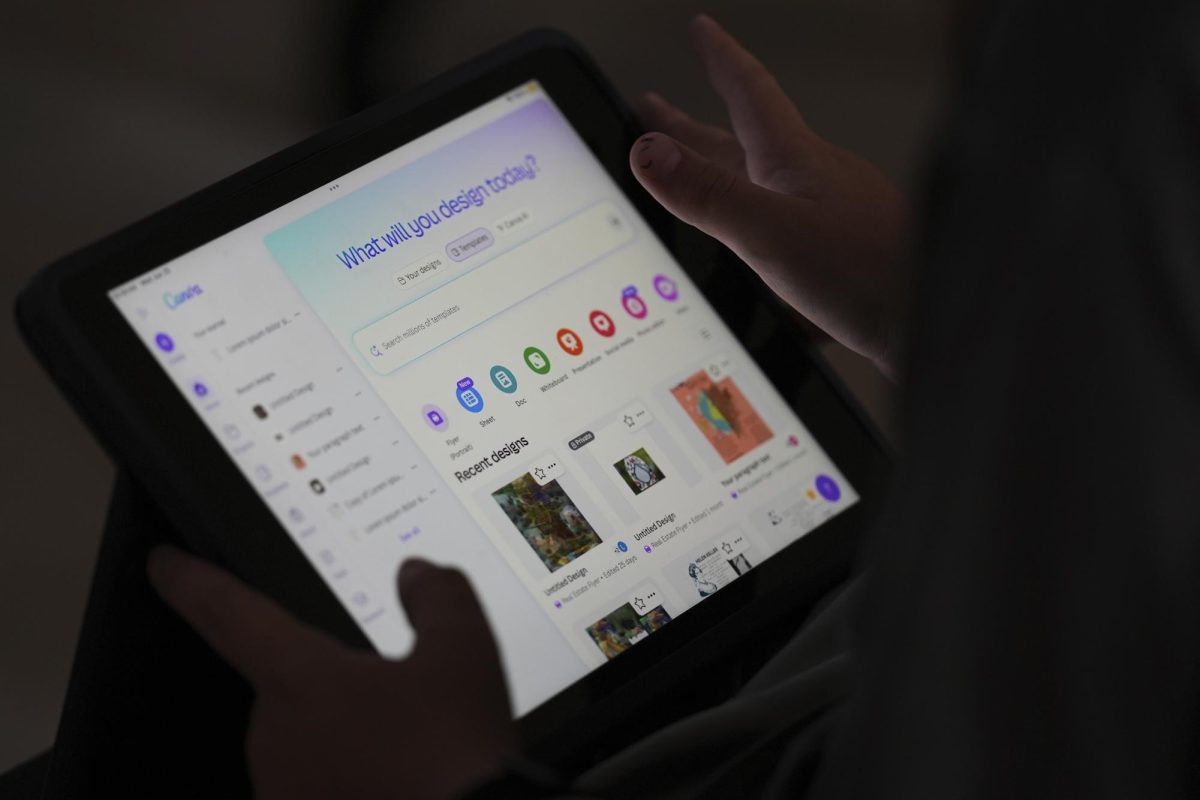A Post-Pandemic Economy
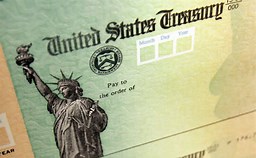
May 14, 2021
Similar to the financial crisis in 2008, the aftermath of the pandemic recession has taken a major toll on the U.S economy. Recent job reports in April show that over 8 million positions have been abandoned since its start at the beginning of 2020. The effects of quarantine and other lockdown policies have thwarted national job participation at a drastic measure. The CDC’s ever-changing regulations have also hindered public opinion. Many are wary about returning back to normal as the threat of possible exposure continues, even today. This leaves the economy in a very tight position. Analysts are uncertain of the exact time it will take to rebuild the nation. The last time something comparable happened, it took nearly 10 years. Ideas promoting new opportunities are being welcomed by Congress to help entice civilians in going back to work.
School systems, child care options, and proper wage compensation are just a few on the list of obstacles the American people have struggled with over the last year. Unemployment benefits, paired with the relief stimulus checks are the only lifeline available to most non-essential workers. These benefits will come to an end by early fall. Eventually, challenging decisions will be faced by many who have nothing else to rely on.
Despite these harsh realities, optimism still lies on the horizon for those tired of feeling trapped inside of their homes. While the amount of vaccinations continues to rapidly grow and virus rates decline, economists predict that people will be more than likely to reenter the job market. Other businesses have even begun loosening the standards around social distancing and wearing masks. Employment opportunities will definitely be on the increase for what may be projected towards the rest of the year. Hopefully, these notions will encourage confidence for anyone skeptical of their own safety.
However, this leaves employers with another problem; competition. The surplus of available employment options is now forcing businesses to raise the stakes for future employees. Some are having a hard time appealing to those who are unsure about the virus. They are also finding a limited number of applicants due to competitive hiring protocols like sign-on bonuses. It seems that the offer of a minimum wage job is no longer meeting the requirement for prospective job seekers. With all of the issues surrounding a return to normalcy, one thing is for certain. The pandemic has revealed the soft underbelly of our steadfast nation. The reopening of society will also call for a reconfiguration in how we operate going forward. We have yet to truly understand how our current state will affect future generations.
As vaccination rates increase and regular schedules are reinstated, the psychological effects of the virus still loom over the head of most Americans. Both Congress and the Federal Reserve now have the responsibility of creating some type of incentive to encourage job reintegration. The process will be gradual. Although these are gestures leading towards a better direction, many unemployed people are still left to deal with wavering decisions about the future of our economy.






